Summaries of books about Science & Math:
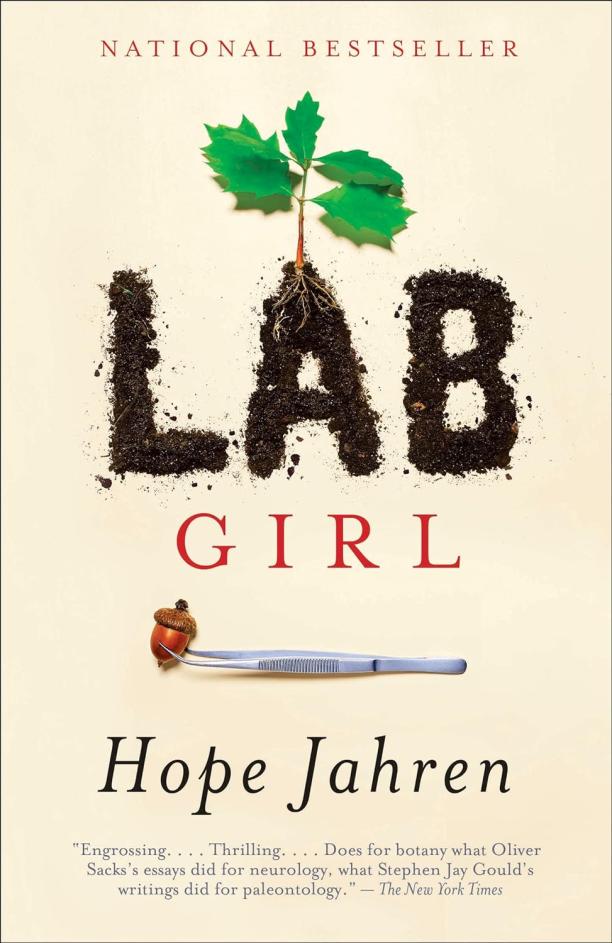
Lab Girl
A Memoir
Hope Jahren
The book intertwines the personal journey of a female scientist with fascinating insights into plant biology and the challenges of scientific research. It explores the author's passion for science, her struggles in a male-dominated field, and the deep friendship with her lab partner, Bill, set against the backdrop of her groundbreaking discoveries about trees and plant life.
See full summary

Plague of Corruption
Restoring Faith in the Promise of Science
Judy Mikovits|Kent Heckenlively
The book presents Judy Mikovits' perspective on what she considers widespread corruption in the scientific community, particularly regarding vaccines and chronic diseases. It includes her allegations of cover-ups and misconduct, as well as her personal experiences with legal battles and professional challenges that she attributes to her controversial views.
See full summary
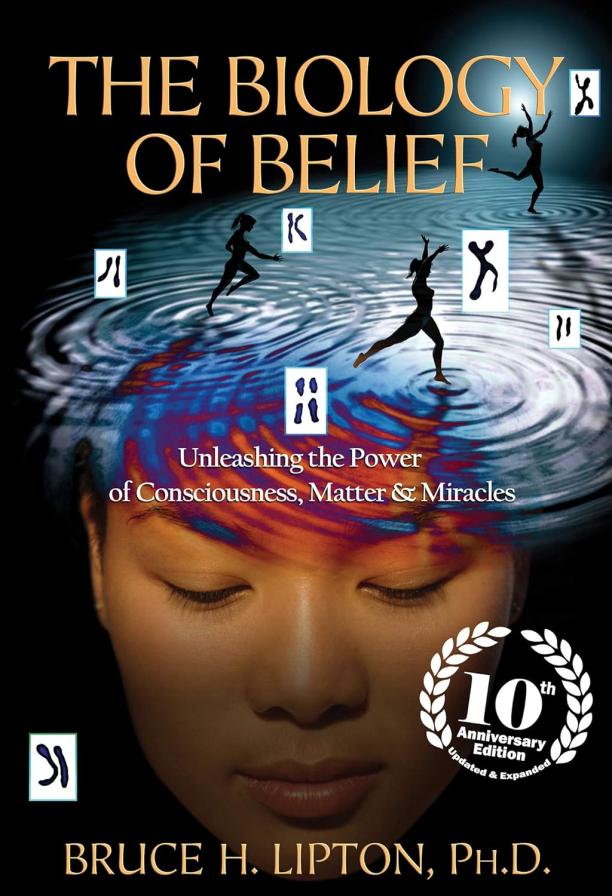
The Biology of Belief
Unleashing the Power of Consciousness, Matter, and Miracles
Bruce H. Lipton
The book explores the idea that genes and DNA do not control our biology; instead, Lipton argues that signals from outside the cell, including the energetic messages emanating from our positive and negative thoughts, can affect our health and well-being. It combines scientific research with the concept of the power of the mind, suggesting that our beliefs can alter our cells and genetic code.
See full summary
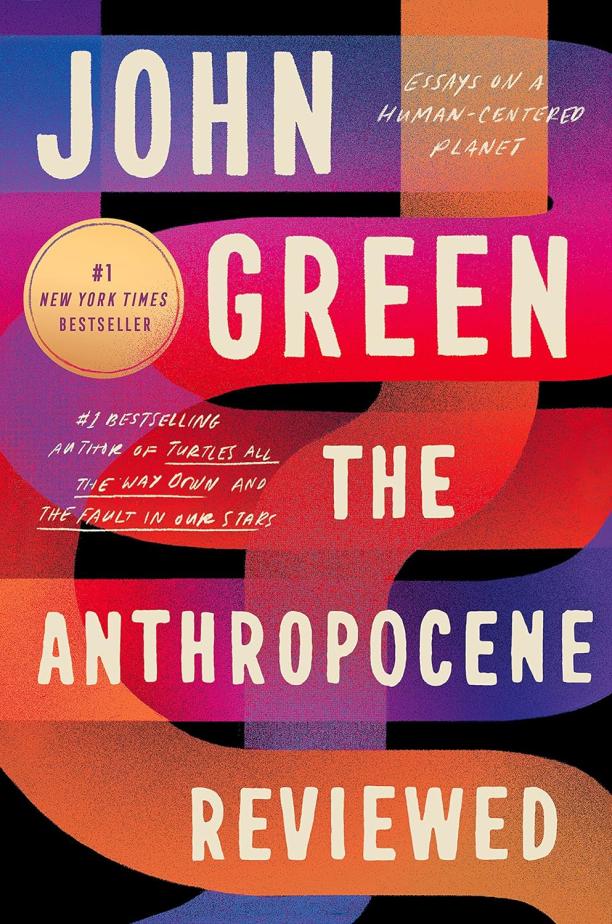
The Anthropocene Reviewed
Essays on a Human-Centered Planet
John Green
The book is a collection of personal essays that critique various facets of the modern human experience, from the mundane to the profound, through the unique lens of the author's perspective. Each essay rates a different aspect of the world on a five-star scale, reflecting on the interconnectedness of humanity and the impact of our actions on the planet.
See full summary
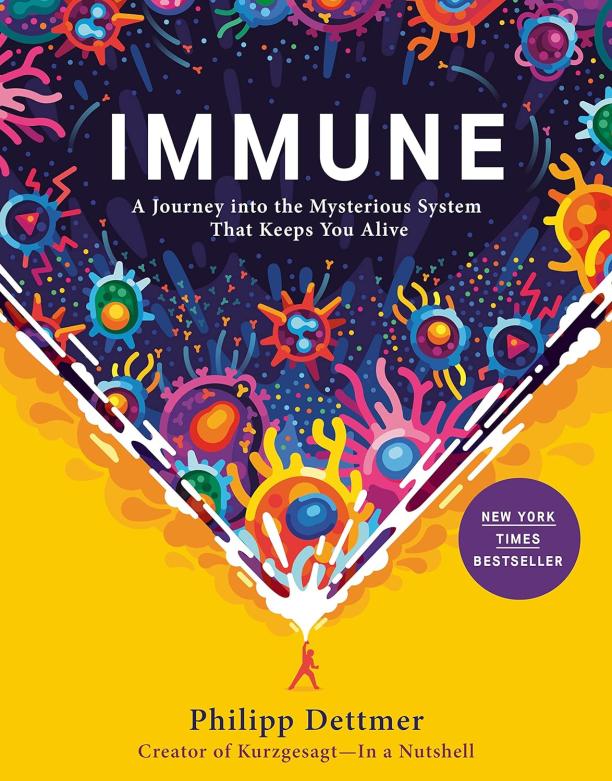
Immune
A Journey into the Mysterious System That Keeps You Alive
Philipp Dettmer
The book delves into the complexities of the human immune system, explaining how it defends the body against diseases and adapts to new threats. It combines scientific research with engaging illustrations to make the intricate workings of immunity accessible to a general audience.
See full summary
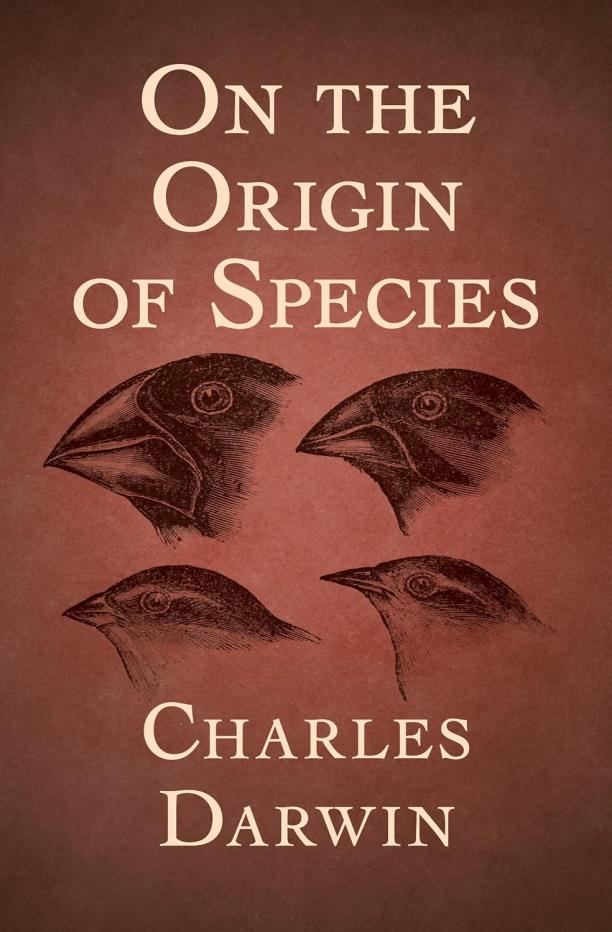
On the Origin of Species
Charles Darwin
The book introduces the theory of natural selection, explaining how species evolve over time through the differential survival and reproduction of individuals with advantageous traits. It presents evidence for evolution from various fields, including geology, biogeography, and comparative anatomy, challenging the prevailing belief in the immutability of species.
See full summary

Stiff
The Curious Lives of Human Cadavers
Mary Roach
The book explores the scientific and ethical aspects of what happens to human bodies after death, delving into the history of cadaver use in medical research, crash testing, forensic studies, and other fields. It combines humor with respectful curiosity to examine the various ways in which deceased bodies contribute to the living world, from organ donation to life-saving medical advancements.
See full summary

Entangled Life
How Fungi Make Our Worlds, Change Our Minds & Shape Our Futures
Merlin Sheldrake
The book explores the intricate world of fungi and their critical role in various ecosystems, from decomposing organic matter to forming symbiotic relationships with plants. It delves into the ways fungi influence human culture, technology, and understanding of biology, highlighting their potential in addressing future environmental challenges.
See full summary

The Hot Zone
The Terrifying True Story of the Origins of the Ebola Virus
Richard Preston
The book chronicles the emergence of Ebola, detailing its origin in African rainforests and its terrifying symptoms. It also follows the outbreak's spread to human populations and the subsequent race to contain it.
See full summary
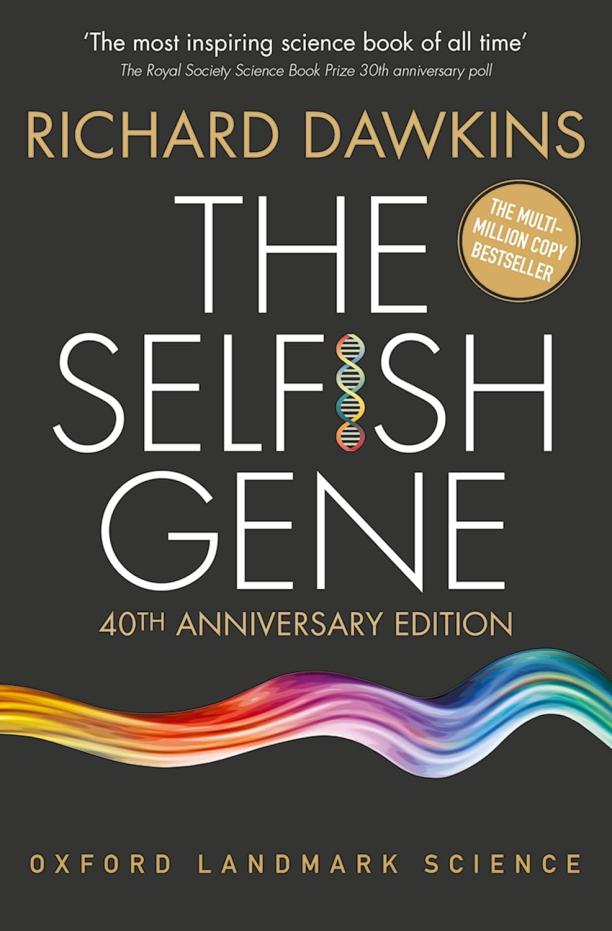
The Selfish Gene
40th Anniversary edition
Richard Dawkins
The book presents the gene-centered view of evolution, arguing that genes are the primary units of natural selection, and that organisms are merely vehicles for their replication. It introduces the concept of "selfish genes" to explain how genetic self-interest leads to complex social behaviors and the evolution of altruism.
See full summary